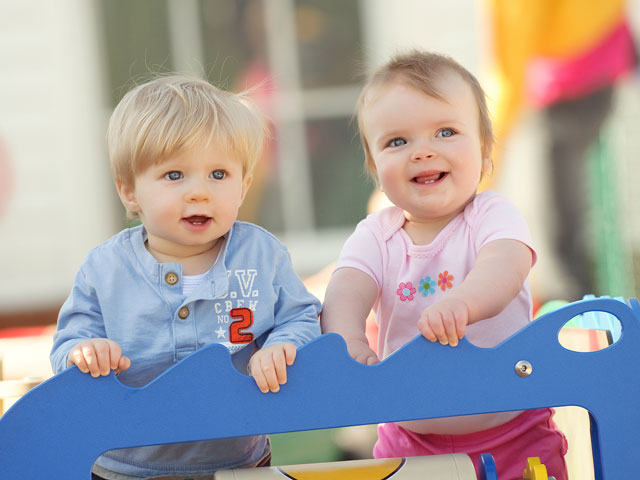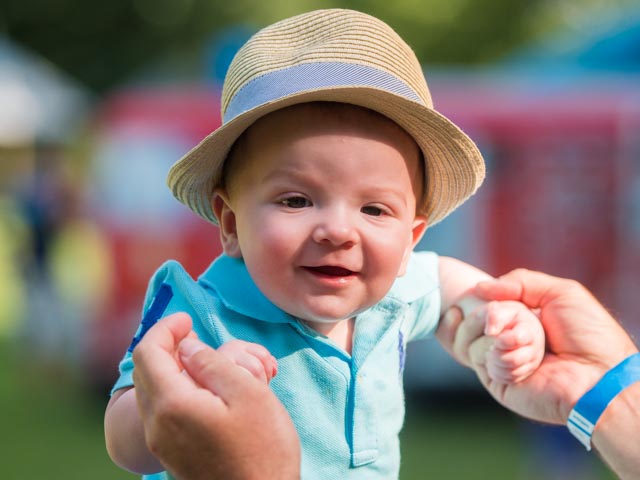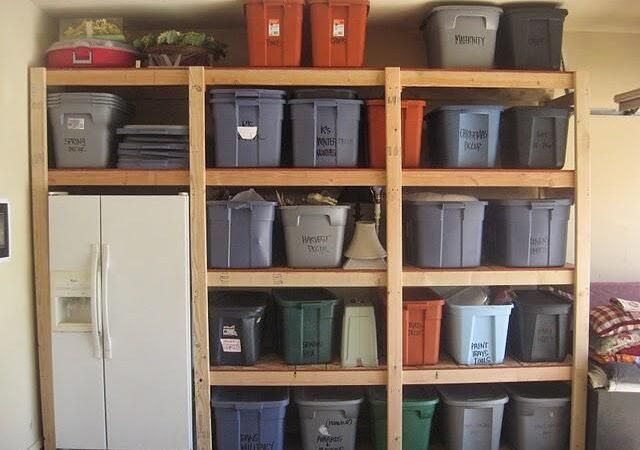
Age-Appropriate Activities for Babies
The journey of parenthood is a remarkable one, filled with countless milestones and cherished memories. As your little one embarks on the incredible adventure of growth and development, it’s crucial to provide them with age-appropriate activities that stimulate their senses, encourage exploration, and foster learning. From the first days of infancy to the energetic months of early toddlerhood, each stage demands tailored experiences that support their overall well-being. In this blog post, we’ll explore a range of activities designed to engage and entertain babies at different developmental stages.
0-3 Months: The Foundation of Connection
During the first few months of life, your baby is a keen observer of the world around them. While they may not yet have the ability to sit up or grasp objects, there are numerous ways to establish a strong foundation for bonding and sensory exploration.
- Gentle Sensory Play: Introduce your baby to various textures and materials by softly stroking their skin with feathers, silk, or other soft fabrics. These tactile experiences help develop their sense of touch and connection to their caregivers.
- Face-to-Face Interaction: Babies are naturally drawn to faces. Engage in close eye contact, make funny faces, and use exaggerated expressions to capture their attention and promote social interaction.
- High-Contrast Visual Stimulation: Babies’ vision is still developing, and they are attracted to high-contrast patterns. Hang black and white images or toys near their crib to captivate their visual senses.
3-6 Months: Engaging Explorers
As your baby’s physical strength and motor skills begin to evolve, this is the perfect time to introduce activities that encourage exploration and stimulate their growing curiosity.
- Tummy Time Adventures: Place your baby on their tummy to strengthen their neck and upper body muscles. Surround them with soft toys or a mirror to spark their interest and motivate them to lift their head and explore their surroundings.
- Rattles and Grasping Toys: Offer toys that are easy to grasp and make gentle sounds when shaken. This helps enhance their hand-eye coordination and fine motor skills.
- Bubbles and Mirrors: Blow bubbles and hold a mirror in front of your baby to capture their attention and promote visual tracking. These activities also assist in developing their sense of object permanence.
6-9 Months: Developing Independence
At this stage, your baby’s motor skills are rapidly advancing, and they are likely becoming more curious about the world around them. Encourage their growing independence with these engaging activities.
- Exploration Baskets: Fill a basket with safe objects of various shapes, textures, and sizes. Allow your baby to explore and manipulate the items, fostering their cognitive and sensory development.
- Peek-a-Boo Play: Babies at this age begin to understand object permanence and enjoy games like peek-a-boo. Use a blanket or your hands to cover and reveal their face, eliciting giggles and enhancing their understanding of hidden objects.
- Crawling Challenges: Create a safe space for your baby to practice crawling. Place soft cushions or pillows around to encourage movement and exploration while developing their gross motor skills.

9-12 Months: The Road to Toddlerhood
As your baby approaches their first birthday, they are likely showing signs of increased mobility, communication, and curiosity. Tailor activities to their growing abilities and interests.
- Stacking and Nesting Toys: Provide toys that your baby can stack and nest, encouraging them to explore concepts like size, shape, and balance while refining their fine motor skills.
- Interactive Books: Choose sturdy, interactive books with textures, flaps, and simple illustrations. Reading together promotes language development and nurtures a love for books.
- Simple Puzzles: Introduce puzzles with large, easy-to-grasp pieces. As your baby learns to manipulate and fit the pieces together, they enhance problem-solving skills and hand-eye coordination.
Conclusion
From the tender moments of infancy to the active exploration of toddlerhood, your baby’s journey of growth is a remarkable one. Age-appropriate activities play a crucial role in fostering their development, encouraging bonding, and providing a strong foundation for lifelong learning. By tailoring activities to their evolving abilities, you’re creating a nurturing environment that supports their physical, cognitive, and emotional well-being. As you embark on this beautiful journey of parenthood, remember that the simple joys of playing, interacting, and discovering the world together will forever shape the precious memories you create with your little one. If you are seeking a source and useful information about age-appropriate activities for babies, be sure to visit Tasteful Space to learn more.






